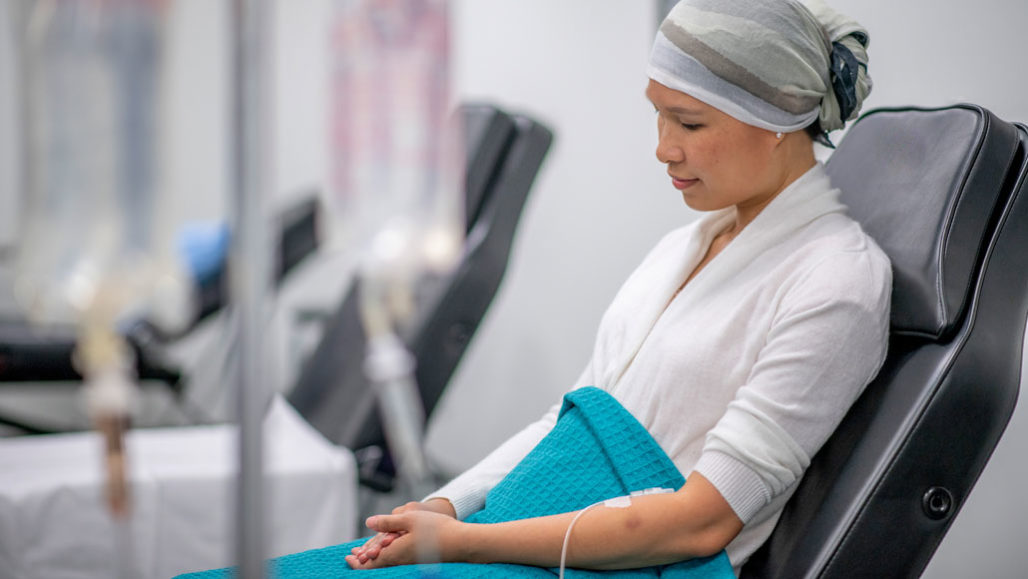Source: Covid-19 News Mar 27, 2020 5 years, 10 months, 2 weeks, 15 hours, 46 minutes ago
According to a research letter published online March 25 in
JAMA Oncology, patients with
cancer in Wuhan had an increased risk for severe acute respiratory syndrome-coronavirus 2 (SARS-CoV-2) infections. The journal warns that similar issues could also affect cancer patients elsewhere. (
https://jamanetwork.com/journals/jamaoncology/fullarticle/2763673)

Dr Jing Yu, M.D., from the Zhongnan Hospital of Wuhan University in China, and colleagues reviewed the medical records of 1,524 patients with cancer who were admitted to Zhongnan Hospital from Dec. 30, 2019, to Feb. 17, 2020.
The clinical outcomes of coronavirus disease 2019 (COVID-19) were assessed among these patients.
The medical researchers estimated that the SARS-CoV-2 infection rate was 0.79 percent among patients with cancer, which was higher than the cumulative incidence of all COVID-19 cases in the city of Wuhan during the same period (0.37 percent; odds ratio, 2.31). Of the 12 infected patients, the median age was 66 years and eight were older than 60 years. Seven of the patients had non-small-cell lung carcinoma. Only five of the patients were being treated with chemotherapy with or without immunotherapy or with radiotherapy.
From the study group, three patients developed severe acute respiratory syndrome and one required intensive-level care. Six patients had been discharged as of March 10, 2020, and three deaths were recorded.
The researchers hypothesized that patients with cancer may be susceptible to an infection during a viral epidemic owing to their immunocompromised status.This study highlights the following observations: patients with cancer from the epicenter of a viral epidemic harbored a higher risk of SARS-CoV-2 infection (OR, 2.31; 95% CI, 1.89-3.02) compared with the community.
However, fewer than half of these infected patients were undergoing active treatment for their cancers. Next, it was observed that older patients (>60 years) and patients with NSCLC may be at risk of COVID-19. Nonetheless, a population study of 1099 patients with COVID-19 did not indicate that age was associated with susceptibility to infection. A larger sample size in patients with cancer will resolve these potential associations. Finally, the findings imply that hospital admission and recurrent hospital visits are potential risk factors for SARS-CoV-2 infection.
Dr Jing You told Thailand Medical News, "We propose that aggressive measures be undertaken to reduce frequency of hospital visits of patients with cancer during a viral epidemic going forward. For patients who require treatment, proper isolation protocols must be in place to mitigate the risk of SARS-CoV-2 infection."
Thailand Medical News warns all patients with underlying chronic disease conditions to stockpile on all necessary medications, and keep isolated and try to avoid hospitals during the Covid-19 crisis unless necessary. Always have access to telemedicine platforms or doctors and nurses essential contact numbers to seek advice or consultation.
